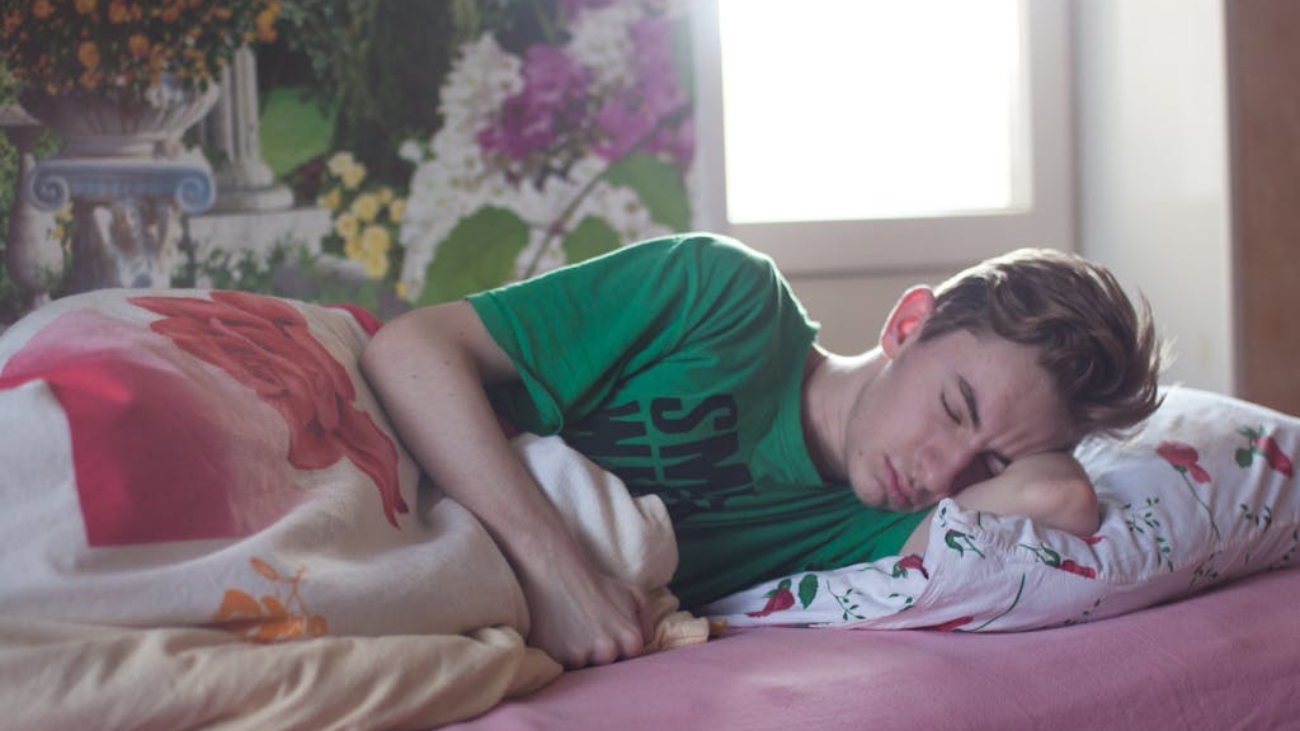Frequent nighttime urination, also known as nocturia, is a condition where a person feels the urge to urinate multiple times during the night. This can disrupt sleep and lead to fatigue and discomfort. Nocturia can be caused by various factors, ranging from lifestyle habits to underlying health conditions. Understanding the causes and possible solutions can help reduce the frequency of nighttime urination.
Common Causes of Frequent Nighttime Urination
One common cause of nocturia is aging. As people get older, their bladder capacity tends to decrease, and the production of urine may not be regulated as efficiently. This can lead to more frequent trips to the bathroom at night.
Another cause could be an overactive bladder. An overactive bladder occurs when the bladder muscles contract too often, even when it isn’t full. This leads to a frequent urge to urinate, including during the night.
Health conditions such as diabetes, heart disease, and kidney problems can also contribute to nocturia. In diabetes, high blood sugar levels can lead to more urine production, while heart disease can cause fluid buildup in the body, which is then released at night when you lie down.
Lifestyle Habits That Contribute
Certain lifestyle habits can worsen nocturia. Drinking large amounts of fluids before bedtime, especially caffeine or alcohol, can increase urination frequency during the night. Additionally, excessive salt intake can cause the body to retain water, leading to nighttime urination.
How to Reduce Frequent Nighttime Urination
One effective way to reduce nocturia is by limiting fluid intake in the evening, especially caffeinated and alcoholic beverages, which can irritate the bladder. Aim to drink plenty of water during the day and reduce your fluid intake about two hours before bedtime.
Making changes to your diet can also help. Reducing your salt intake can prevent fluid retention, and increasing your intake of magnesium may help relax the bladder muscles, reducing the urge to urinate.
Another helpful strategy is to establish a regular bathroom routine. Going to the bathroom right before bed, even if you don’t feel the urge, can reduce nighttime trips. Additionally, strengthening pelvic floor muscles through exercises, such as Kegels, can help improve bladder control.
When to Seek Medical Help
If nighttime urination is persistent and affecting your quality of life, it’s important to consult a healthcare professional. They can help identify any underlying conditions and recommend appropriate treatments to manage the symptoms.
In most cases, making lifestyle adjustments and addressing any health issues can significantly reduce or stop frequent nighttime urination, helping you get a better night’s sleep.
